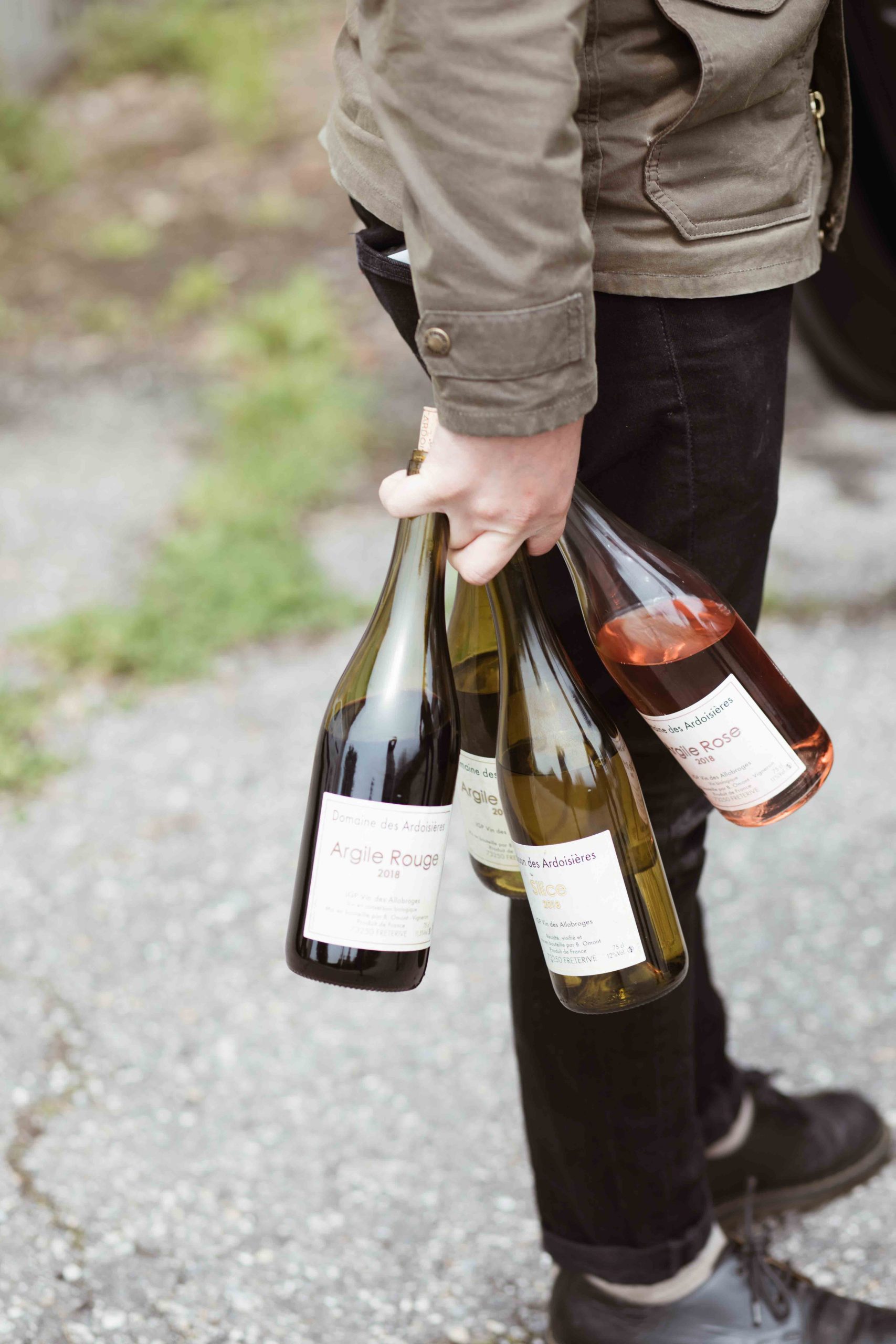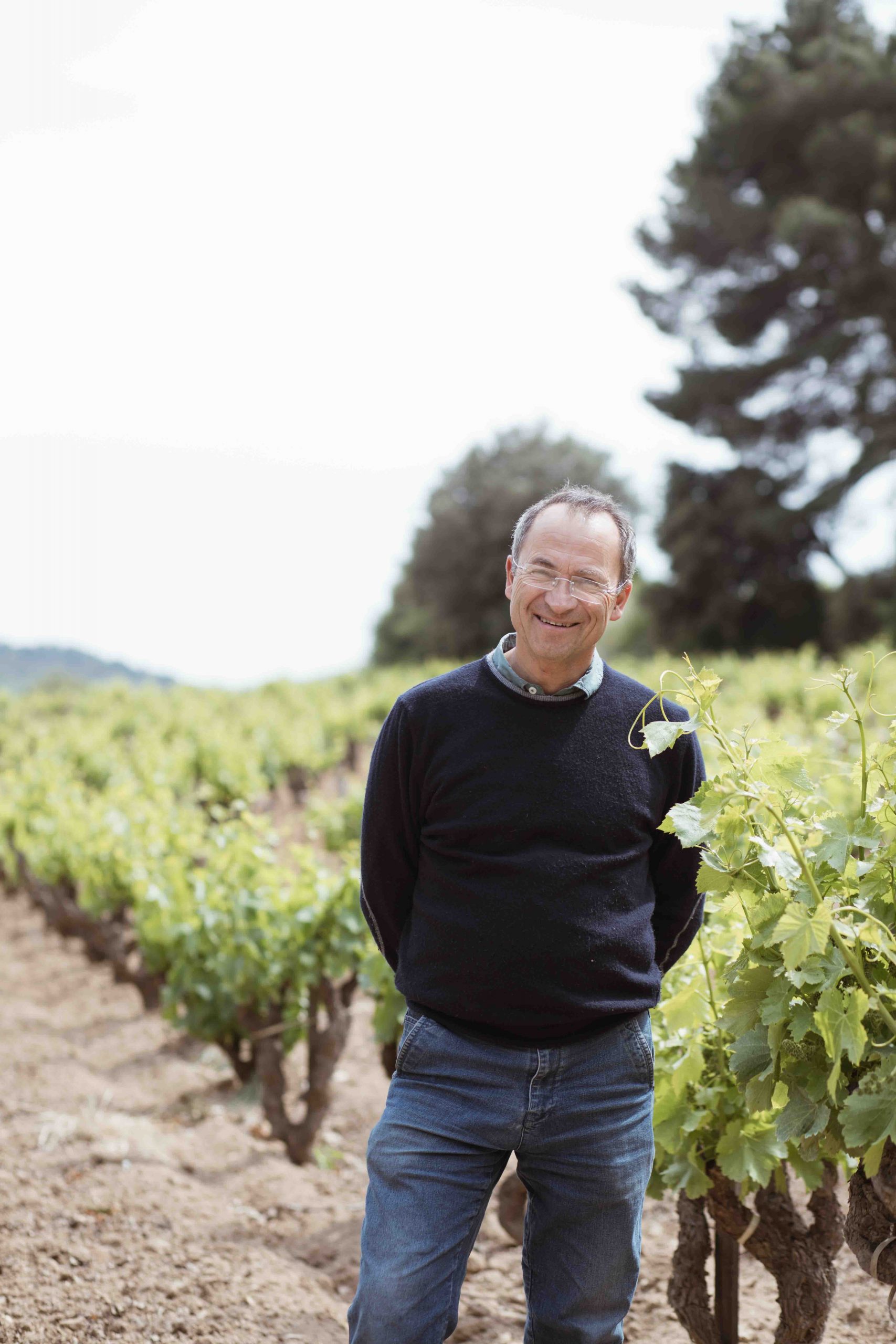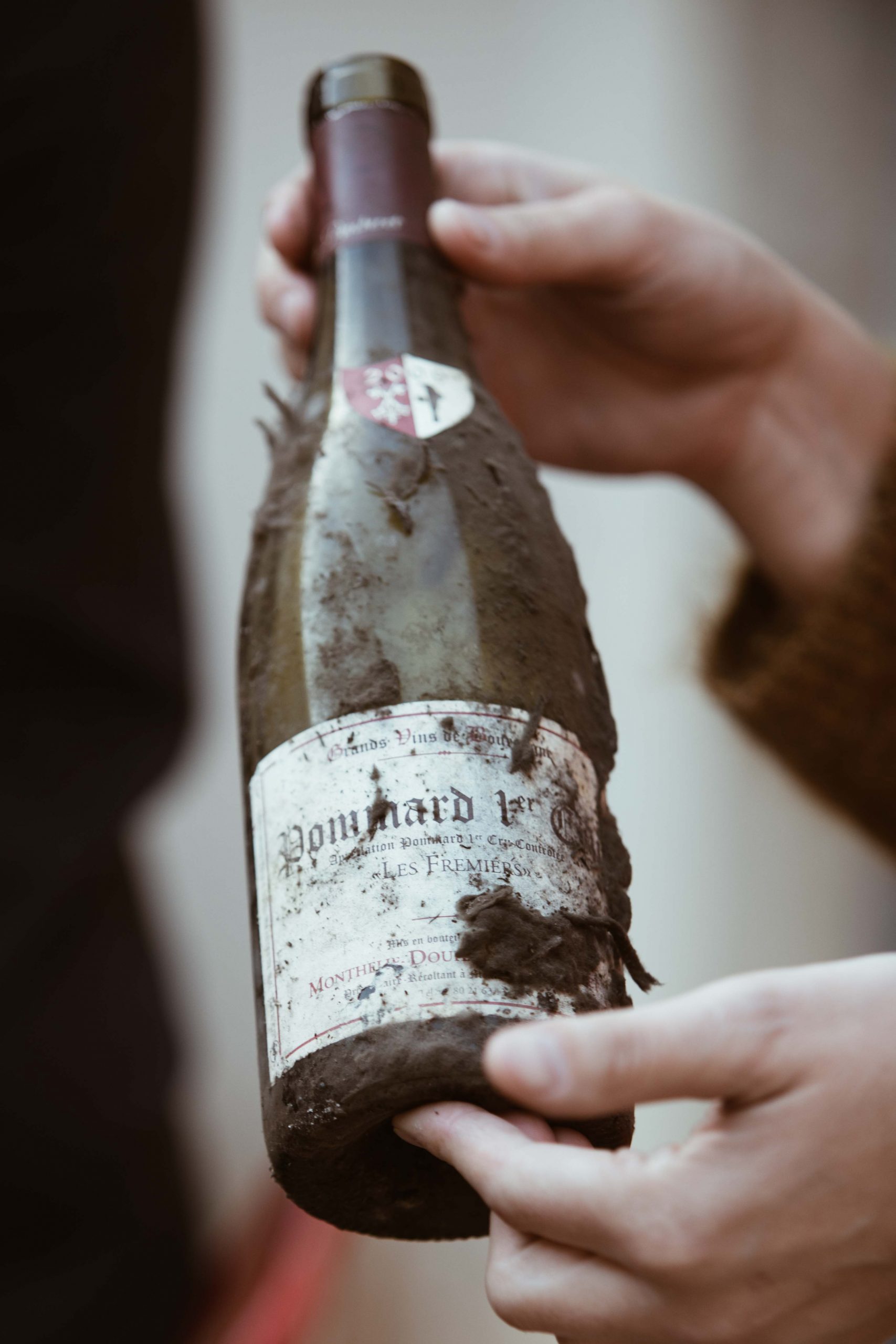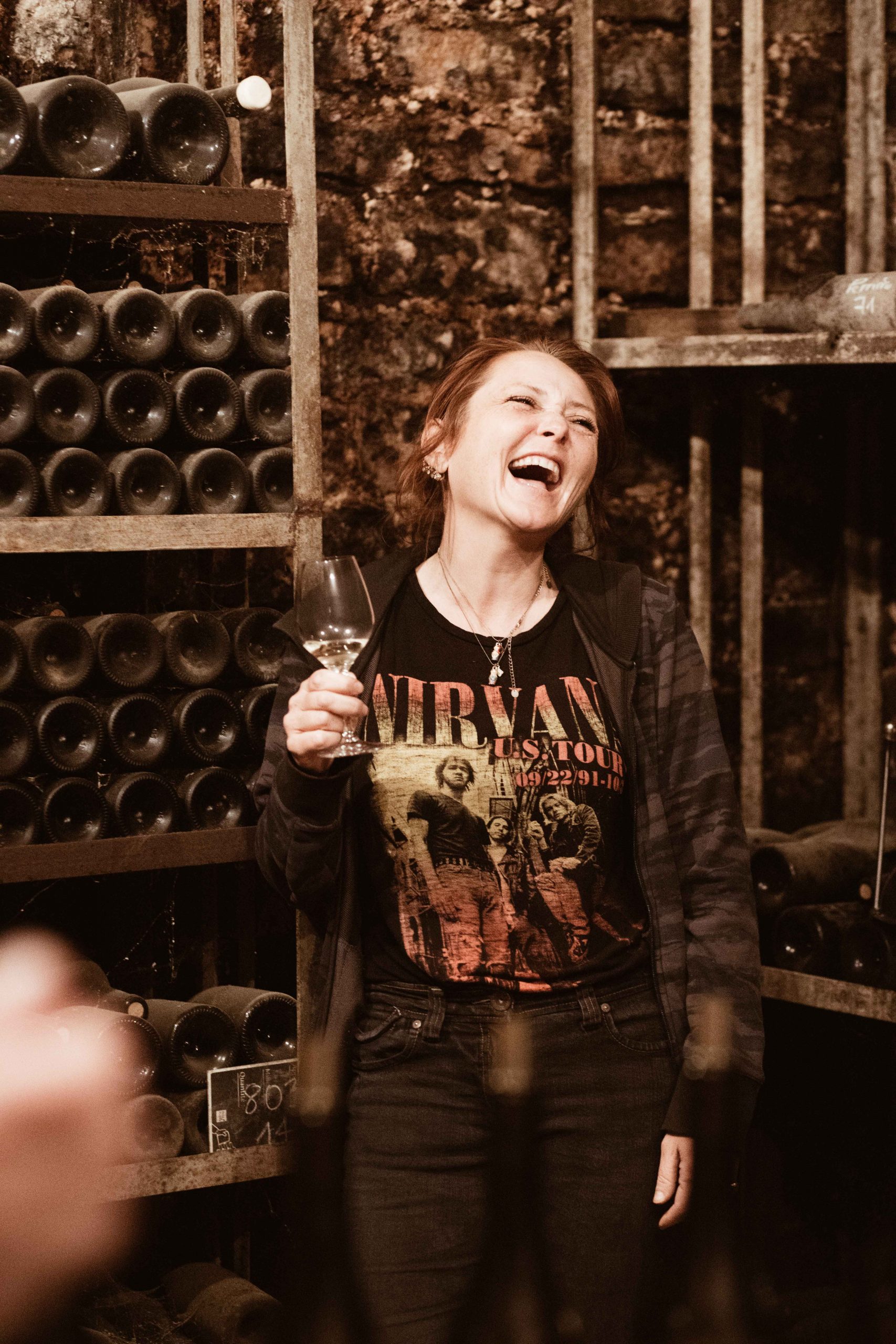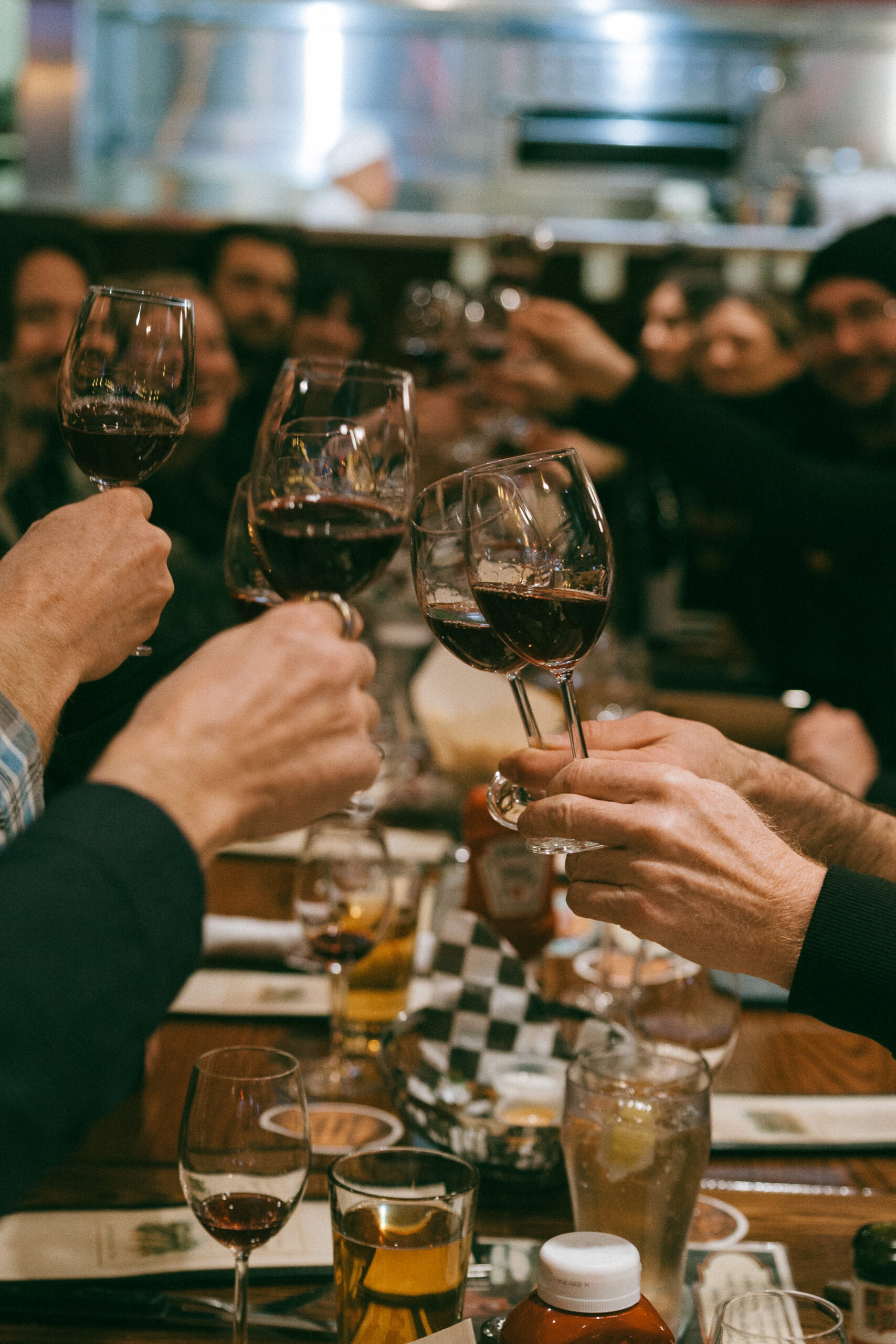Located on hillside slopes just across the Rhône River from Hermitage, Saint-Joseph and its iconic granite soils are home to a variety of microclimates, all of which give this unsung appellation great diversity. When carefully crafted, these serious, age-worthy wines can go toe-to-toe with any of the more famous Rhône appellations.
Saint-Joseph is also an appellation that is close to Martine’s Wines President Greg Castells’ heart. When he was in sommelier school, he became very familiar with the co-op Tain-l’Hermitage, which was under the direction of Guy Farge at the time. He appreciated their approach, so different from many other co-ops, of producing high-quality wines in an ethical way. Ever since taking leadership at Martine’s Wines in 2012, Greg has been on the hunt for a Saint-Joseph producer, so when he discovered that Guy’s son, Thomas was launching his own label, it was an easy decision to add this new producer to our portfolio.
The Farge name has a long history in Saint-Joseph, beginning in 1920 when Henri Farge bought 12 hectares of vines and started selling his wine to the local co-operative. He was followed by son André and grandson Guy, who was the first to begin bottling his own wines in 2007. Now Thomas has taken his place as the fourth generation of Farge winemakers. He has learned much from his father and grandfather while also forging a unique path forward. Focusing on single-vineyard offerings and a more polished style, Thomas represents the bright future of Saint-Joseph.
Surrounded by wine, even living in the middle of his vineyards, Thomas’ energy and excitement for this region is palpable. Given his deep ties to the area, he has had the opportunity to learn from some of the great winemakers in the Northern Rhône, such as Jean-Louis Chave and Stéphane Usseglio. He constantly seeks ways to bring new ideas to his century-plus family lineage, making his mark with wines that show freshness, intensity, and finesse.
When Thomas first came to the family estate in 2018, after ten years of study in South America, he began implementing organic farming and will be Ecocert certified as of 2024. He also works with aspects of biodynamics, such as following moon cycles for vineyard and cellar practices. Passionate about working ethically within the Rhône, he places a strong focus on training his team, promoting professional development, and providing fair compensation. Thomas currently has holdings in Saint-Joseph, Cornas, Saint-Péray, and Condrieu, as well as a Colline Rhondaniennes plot on the edge of Saint-Joseph.
His Saint-Joseph home base is in Saint-Jean-de-Muzols, one of the southern-sector cluster of villages that made up the initial appellation established in 1956. The granite here is less degraded, and east, southeast, and south-facing sites can produce relatively generous wines with a welcome softness. In Cornas, Thomas has leased a plot in the famed Reynards vineyard. The soil here is granite as well, decomposed and with some gneiss and clay topsoil, which helps preserve hydration in hot or dry years while also moderating the acidity given by the granite. Wines produced here are elegant and dark-fruited, with tannins that take some time to unwind. He also owns a plot in Sauman, just to the south. This steep, granitic vineyard is higher in elevation and has a mix of exposures, with grapes generally taking about a week longer to ripen here than in Reynards. Saint-Péray is just to the south of Cornas and is a rare Rhône appellation devoted solely to the production of white wines. It is home to some of the region’s best and oldest Roussanne, planted on limestone, granite, and clay soils.
In the cellar, Thomas uses a variety of aging vessels – 400L, 600L, and limited 228L oak from the Atelier Center France cooper, as well as concrete vats, particularly useful in warmer years, and stainless steel. For the whites, he racks the wines into their aging vessels after about 1/3 of the fermentation is finished, which has the effect of bringing out the lees flavor. Sulfur is used to block malolactic fermentation, as well as a small amount at bottling. Depending on the vintage, the reds see some whole cluster fermentation and a cold soak with long fermentation.
Producers like Thomas come along only rarely. Generations of tradition, alongside his zeal for freshness and innovation, results in a rare and exhilarating combination. If you want to discover the new Northern Rhône, the wines of Thomas Farge are the perfect introduction.

